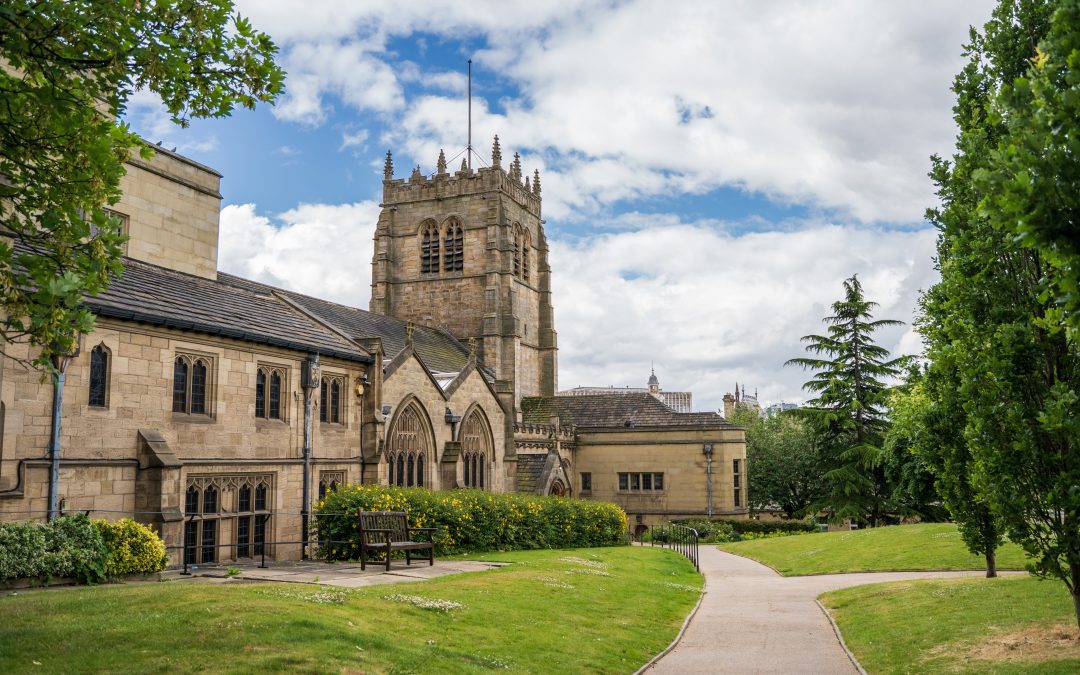This week we received this letter:
“Thank you so much for the Cathedral’s gift to the Sudan Link appeal. So far we have sent £30,000 to Sudan for relief work. Normally we only fund sustainable projects, but the need for relief aid is so great at the moment we know we cannot stick to that.
Would anyone at the Cathedral like to be added to our e-mail list for Sudan news and prayer items We only send around two items a month. If so, please email sudanlinkcontact@gmail.com
We are intending to send you news from Sudan when we get it about how the relief funding has been used. Reporting back by the Church in Sudan to us tends to be low on detail, but we have well founded confidence that they use our giving for the purpose for which it was given. When we visit and sit and chat with people, that’s when we hear the stories of what has been done and see the effects.
Archbishop Ezekiel has told us he is so grateful for the support we are sending especially as it comes at a time when he knows our church finances here have been hit by the virus too. In Sudan the aid is being delivered by the MU women workers at archdeaconry level. This means the aid is being widely distributed across the whole of Sudan. The women are making up baskets including flour, lentils, rice, oil and sugar, and delivering them to families. Andrew Macek, the Development Worker for Wad Medani Diocese said people are suffering with not enough to live on, so the baskets are very welcome. He said that in his Diocese baskets are being delivered not only in the Gezira in the north, but also in the south in Blue Nile State, an area we have not managed to visit for many years due to government bombing and much blood shed.
Food is available in Sudan: the problem for people is how to get it. Prices have soared very high, and people have been unable to work due to the coronavirus restrictions, making life a huge challenge economically for households. Families are surviving by helping each other. Many have real fears of tomorrow, not having a sustainable source of income to meet their needs. The type of grain grown in Sudan is called sorghum. From ground sorghum people make bread or porridge. For the Nuba people it’s their basic staple daily food. It used to cost SD£5 per kilo. In April it was SD£30 per kilo and the World Food Program says the price has risen since.
Thank you again for your support – your act of fellowship with our brothers and sisters in Sudan.
Yours,
John Poole
on behalf of the Sudan Link Working Group
For more information on the Diocese of Leeds link with Sudan, please visit their website.

